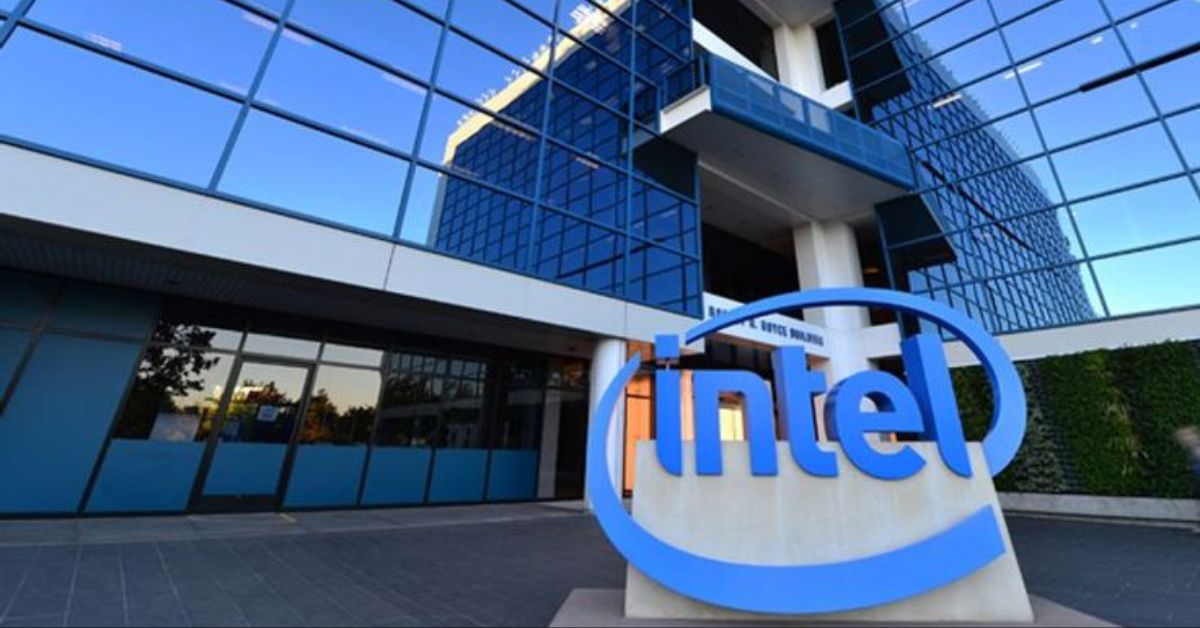WASHINGTON, D.C. — The U.S. government has finalized a deal to acquire a 9.9% stake in Intel Corporation for $8.9 billion, marking a significant intervention in the private sector, as announced on Wednesday, August 27, 2025, by CNBC. The investment, which does not include a board seat or direct governance rights, has sparked debates over the extent of public influence on corporate decisions at the struggling chipmaker, a key player in U.S. semiconductor manufacturing.
The deal, structured as a passive investment, involves the purchase of 433.3 million Intel shares at $20.47 each, a discount from the $24.80 closing price on August 22, according to Intel’s statement. Commerce Secretary Howard Lutnick, speaking on CNBC’s Squawk on the Street, emphasized the strategic intent, stating, “We should get an equity stake for our money.” The funding comprises $5.7 billion from unpaid grants under the 2022 CHIPS and Science Act and $3.2 billion from the Defense Department’s Secure Enclave program. Intel CEO Lip-Bu Tan underscored the deal’s importance, noting, “As the only semiconductor company that does leading-edge logic R&D and manufacturing in the U.S., Intel is deeply committed to ensuring the world’s most advanced technologies are American made.”
The agreement follows a turbulent period for Intel, which reported an $18.8 billion loss in 2024, its first since 1986. The company has lagged behind competitors like Nvidia and TSMC in the AI chip market and faces challenges attracting customers to its new Ohio factories. Key aspects of the deal include:
- No board representation or governance rights for the government.
- A five-year warrant for an additional 5% stake if Intel’s foundry business falters.
- $2 billion from Japan’s SoftBank, announced August 18, complements the U.S. investment.
Critics, including Senator Thom Tillis, have raised concerns about government overreach, warning, “This starts feeling like a semi-state owned enterprise.” Intel’s SEC filing highlighted risks, noting that 76% of its $53.1 billion 2024 revenue came from international markets, particularly China, which could react negatively to U.S. ownership. Despite a 6% stock surge on August 22, shares dipped 1% after hours, reflecting uncertainty. As Trump pushes for similar deals, the move signals a bold shift in U.S. industrial policy, balancing national security with corporate autonomy.
Source: CNBC
Author
-

Marcus Hale is a finance professional turned content creator who specializes in personal finance, stock market analysis, crypto trends, and smart investing strategies. Known for simplifying complex financial concepts, Marcus helps readers make confident money decisions. Whether you’re budgeting, investing, or tracking global markets, Marcus delivers timely advice with clarity and authority.







